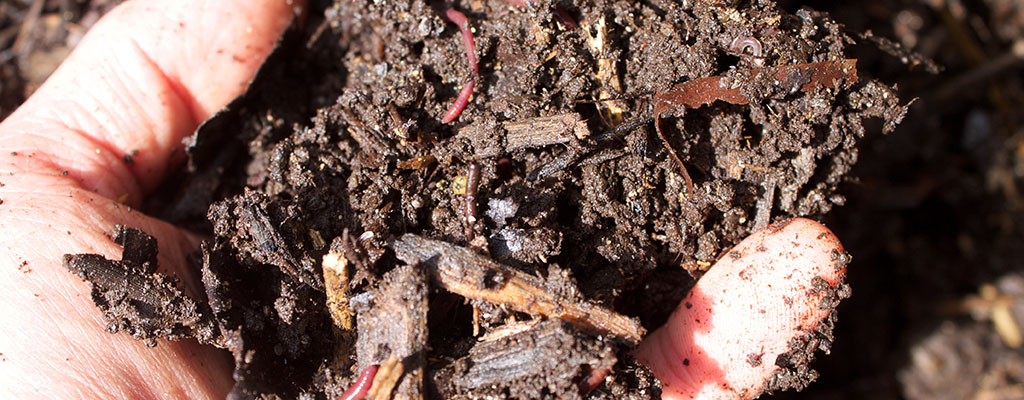Starting out in the field of organic gardening today must be both exciting and somewhat overwhelming. There’s a world of information at our fingertips, and no shortage of options, opinions and offers to follow down the garden path.
When I first studied horticulture, we mainly focused on the physical and chemical aspects of growing plants. There was no mention, yet, of the soil food web or mycorrhizal fungi. How things have changed!
As evidence mounts that the predominant industrial production model is destroying our soil, air and water, and exhausting the supply of mineral and fossil resources that prop it up, the hungry global population continues to increase.
Out of this predicament, the organic movement has been steadily growing, as people look towards more ecological means of production that can sustain us into the future.
In this quest, biology, as old as the hills, is fast becoming the new frontier.
New developments are continually emerging as we explore the possibilities in this rapidly evolving space. Right now, learning how to work with life is probably one of the most important things our species can learn how to do.
We may have access to more information than we’ve ever had before, but there’s also a type of knowing that only comes through direct experience. When we are present to the world in and around us, we see, taste, smell, hear and feel it. Our physiology is hard wired to nature.
If we engage and reconnect with life, it starts to reveal itself. There’s more to it than we can realize, but that’s what makes it so compelling. And all the while, it teaches us how to live. For as long as we are growing, we are truly alive.
This is the journey we are embarking on. Be aware, that those who’ve felt the calling, it seems, can never turn back.

